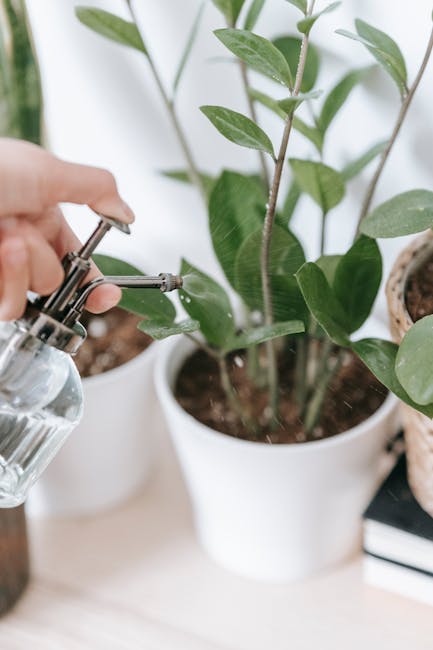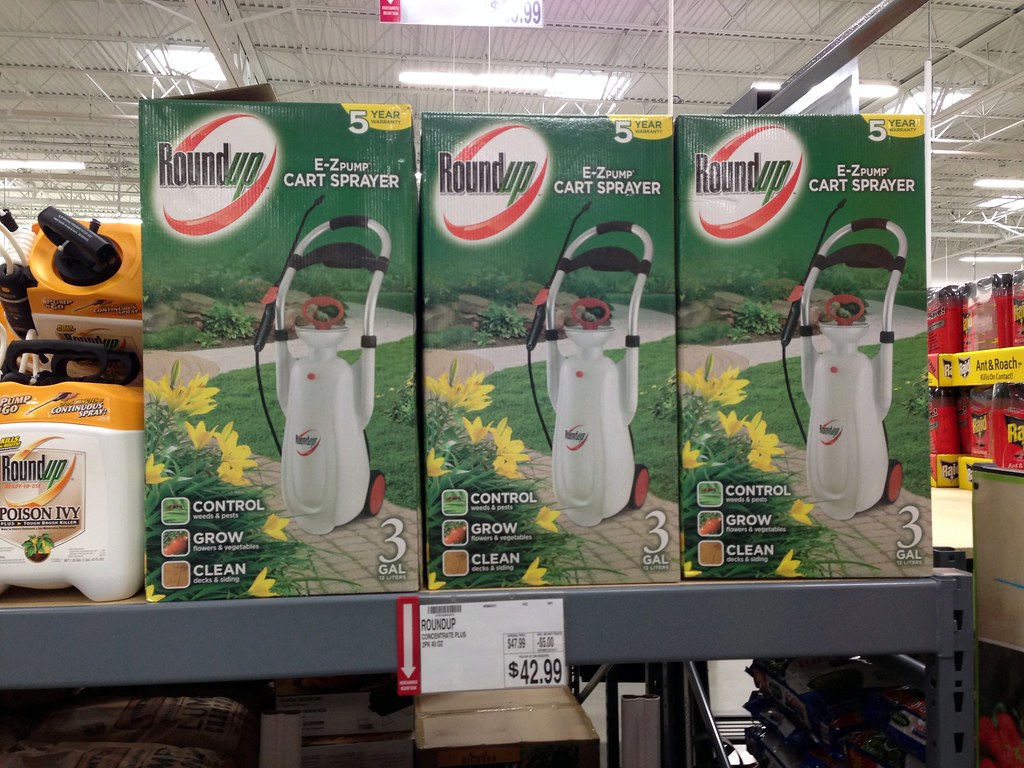When it comes to handheld sprayers, one of the most frustrating experiences is dealing with a malfunctioning unit. Whether it’s a lack of pressure, an inconsistent spray, or an outright dead motor, troubleshooting handheld sprayers can save both time and money.

Start by checking the magic wand to ensure it’s open and functioning properly. A stuck or closed wand can severely affect the sprayer’s performance. Be sure to straighten out any kinks in the hose, as these can impede the flow of liquid and reduce spray effectiveness.

Next, make sure the flip-up nozzle is in the correct position and isn’t stuck. If you're using a new bottle, check that the bottle top is turned on. Sometimes, something as simple as these adjustments can get your sprayer back to working condition.
Utilize gravity to help unclog the spray by dropping the magic wand below the bottle. This can often shake loose any blockages that are hampering liquid flow. Additionally, verify that the connection between the wand and bottle is free of obstructions.

Ensure that the lid is securely attached and the hose is connected properly. Any loose connections might cause issues with the product flow and overall pressure. Tightening these points can often resolve spray performance problems.
One of the key problems with Roundup sprayers discussed is the lack of pressure when pumping. Before discarding a faulty sprayer, consider trying to repair it. Often, the primary issue is a missing check valve, necessary for the proper operation of the sprayer mechanism.

A repair process usually involves a repair kit, a flathead screwdriver, Vaseline, and replacement parts like gaskets, o-rings, and a new check valve. Step-by-step instructions help in replacing the gasket, lubricating and replacing the o-ring, disassembling and reassembling the plunger, and reinstalling the check valve. Post-repair, a successful pump test often shows the pressure building with no air leaks.
Many consumers have had repeated issues with the same style of sprayer bottle mechanisms. Even after changing batteries and troubleshooting, some sprayers still fail to work, leading to user frustration. It’s often recommended to avoid such models if longer use is intended.
Companies like Roundup aim to ensure customer satisfaction by offering refunds for dissatisfied customers who provide the necessary documentation. They also suggest that contamination, including contaminated water, might affect product consistency.
Sprayers breaking or clogging after just one season is a common complaint, particularly with cheaper models. Consumers often face the dilemma of whether to buy inexpensive sprayers yearly or invest in a costlier model with potential durability benefits.
Investigation into market options reveals that even expensive models are not always immune to these issues. Future research should aim to identify sprayers and wands with robust longevity, possibly considering brand reputation and specific features that contribute to durability. Recommendations on reliable brands or particular features to look out for can offer valuable guidance to consumers.
Remember, regular maintenance and proper storage significantly extend the lifespan of any handheld sprayer. By following these tips, you can tackle common issues and potentially save yourself from the frustration of frequent replacements.
Like and subscribe for more support and detailed guides on maintaining garden equipment.

Immerse yourself in architecture’s most boundary-pushing ideas—where innovative home improvements meet visionary urban developments. Discover new building techniques, materials, and creative concepts that are redefining how we shape our spaces on a global scale.